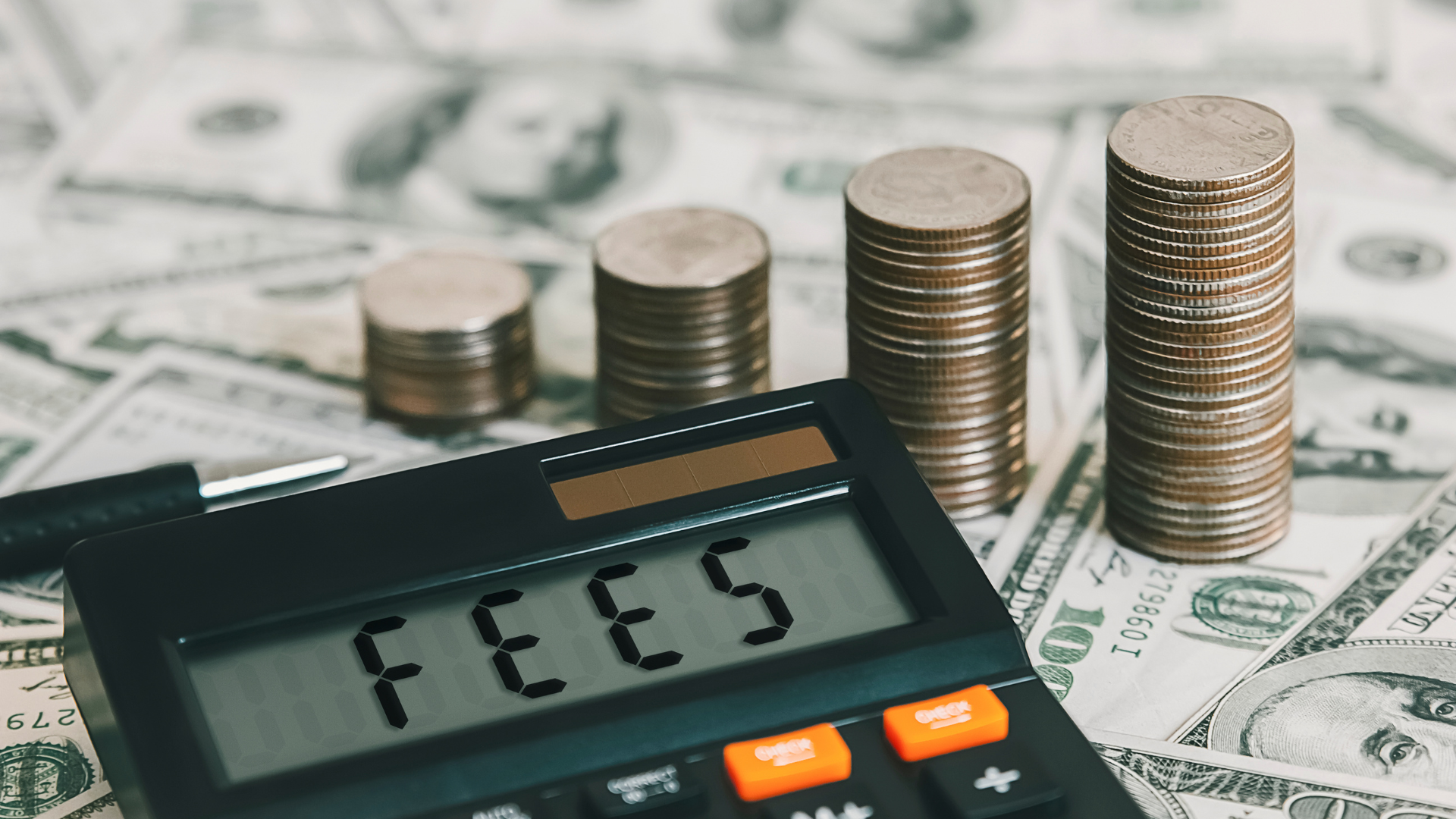August 10, 2023
Are you a real estate investor interested in a 1031 exchange in Austin but are concerned about how much it will cost in capital gains tax? Financial factors impact real estate assets held for investment to structure a fully deferred 1031 exchange.
Below are three financial requirements for a 1031 exchange in Austin, with advice from Texas real estate brokers on minimizing capital gains.
APPROPRIATE STRUCTURE EXCHANGE TO OFFSET CAPITAL GAINS TAX
Choosing the best exchange method is vital to offset capital gains and structure a fully deferred 1031 exchange in Austin.
Using the appropriate 1031 exchange method allows real estate investors to:
- Increase buying power
- Generate replacement property cash flow
- Gain access to premium assets they would not be able to afford before
- Diversify holdings for a more robust real estate investment portfolio
Utilizing capital losses to offset capital gains starts with selecting the most profitable 1031 exchange based on your financial investment.
There are four types of 1031 exchanges to consider:
- Delayed exchange– investors must find a replacement property before the relinquished property’s closing through an intermediary
- Reverse exchange– requires an intermediary and ideal if you acquired a desirable property before selling your original property
- Simultaneous exchange– same-day exchange and transactions with no intermediary required
- Improvement exchange– also known as a like-kind exchange, investors must improve the original property at equal or more value before possession through an intermediary
Regardless if the 1031 exchange method you choose does not require an intermediary, we always recommend hiring one for the best outcome possible. From constructive receipt issues to overseeing exchange documentation, employing a qualified intermediary can mediate and prevent exchange disqualifications.
EQUAL OR HIGHER INVESTMENT PROPERTY VALUE AND ASSETS TO BUILD EQUITY
One of the first steps real estate investors should take for a 1031 exchange in Austin is understanding their relinquished and replacement property’s value and assets. By gaining insight into your original property’s value, you can create actionable strategies to build equity at an equal or higher value for a fully deferred 1031 exchange of replacement property.
There are four capital improvement techniques to build equity for relinquished properties:
- Improvements– enhancing property value, new room additions, roofs, appliances, fencing
- Betterments– fixing pre-existing conditions, expanding properties, increasing capacity
- Restoration– replacing substantial property structures, repairing damages from casualty loss like underground storage tank leaks, rebuilding to newer conditions
- Adaptation– property alterations different from the original intended use, such as manufacturing buildings turned into retail showrooms
If you’re considering trading down relinquished property that’s lower in value or equity than the replacement property, it may not qualify as a fully deferred 1031 exchange in Austin. Depending on how much tax you will owe in the transaction, it may not be a worthy investment to do an exchange.
EXCHANGE EXPENSE BUDGETS TO REDUCE REPLACEMENT PROPERTY INVESTMENTS AT CLOSING
To structure a fully deferred 1031 exchange in Austin, real estate investors must reinvest all net sale proceeds from the relinquished property’s sale into the replacement property. To prevent invalidating an exchange (debt boots) and paying capital gains, do not use exchange funds to pay expenses unrelated to the exchange.
Exchange expenses for a 1031 exchange during closing typically include:
- Closing or escrow fees
- Brokerage commissions
- Legal fees
- Title insurance premiums
- Transfer taxes and Notary fees
Some exchange expenses may be deducted without resulting in capital gains tax consequences. According to the IRS, brokerage commissions and transactional costs can be deducted from exchange proceeds if paid within connection to the exchange. There are also non-exchange expenses to consider at closing that cannot be deducted from proceeds.
Non-exchange expenses for a 1031 exchange during closing typically include:
- Property taxes
- Prorated mortgage insurance
- Mortgage points and assumption fees
- Loan and application costs
- Utility charges
It is important to note that using net sale proceeds on non-exchange expenses, such as loan-related costs, should be avoided due to statutory limitations. Loan costs are typically capitalized, recovered over the loan term, and not usually included in replacement property costs.
Carefully reviewing closing cost statements is critical to preventing taxable boots, recognizing capital gains, and invalidating 1031 exchanges.
1031 Exchange Expenses for Partial Tax Deferrals
A common misconception about a 1031 exchange in Austin is that they are all-or-nothing agreements. Partial 1031 exchanges are also an option to avoid capital gain recognition. Exchangers can sell a portion of their relinquished property’s equity (at equal value or greater) to purchase a replacement property.
As long as the portion of the replacement property sold has equal or greater financing as it was for the relinquished, investors can have a fully deferred tax exchange without being subject to debt boot liability. A partial exchange allows taxpayers to defer some capital gains by using the proceeds to invest in new higher-yielding properties and increase cash flow.
Partial 1031 exchange requirements include:
- Replacement property has an equal or greater value than the relinquished property’s net selling price
- Replacement property financing must be an equal or greater value than the original property’s debt
- Relinquished property equity is equal or greater value to the replacement property’s equity
If investors choose partial tax exchanges, they must pay a portion of the capital gains taxes from the cash they receive. The IRS considers the remaining cash as boots, so any earned capital gains will be taxed.
Partial tax exchanges are practical for investors who need cash sooner, cannot fully defer 1031 exchanges, or are unable to find a replacement property within time constraints of equal or greater value.
GET HELP DEFERRING YOUR 1031 EXCHANGE IN AUSTIN WITH CIP TEXAS
Are you considering a 1031 exchange in Austin but concerned about the process of finding the perfect replacement property? Contact Commercial Industrial Properties for qualified Austin real estate brokers. Our full-service real estate firm offers investment sales and expert consulting when exchanging an investment property.
Contact us to diversify your real estate investment today.



